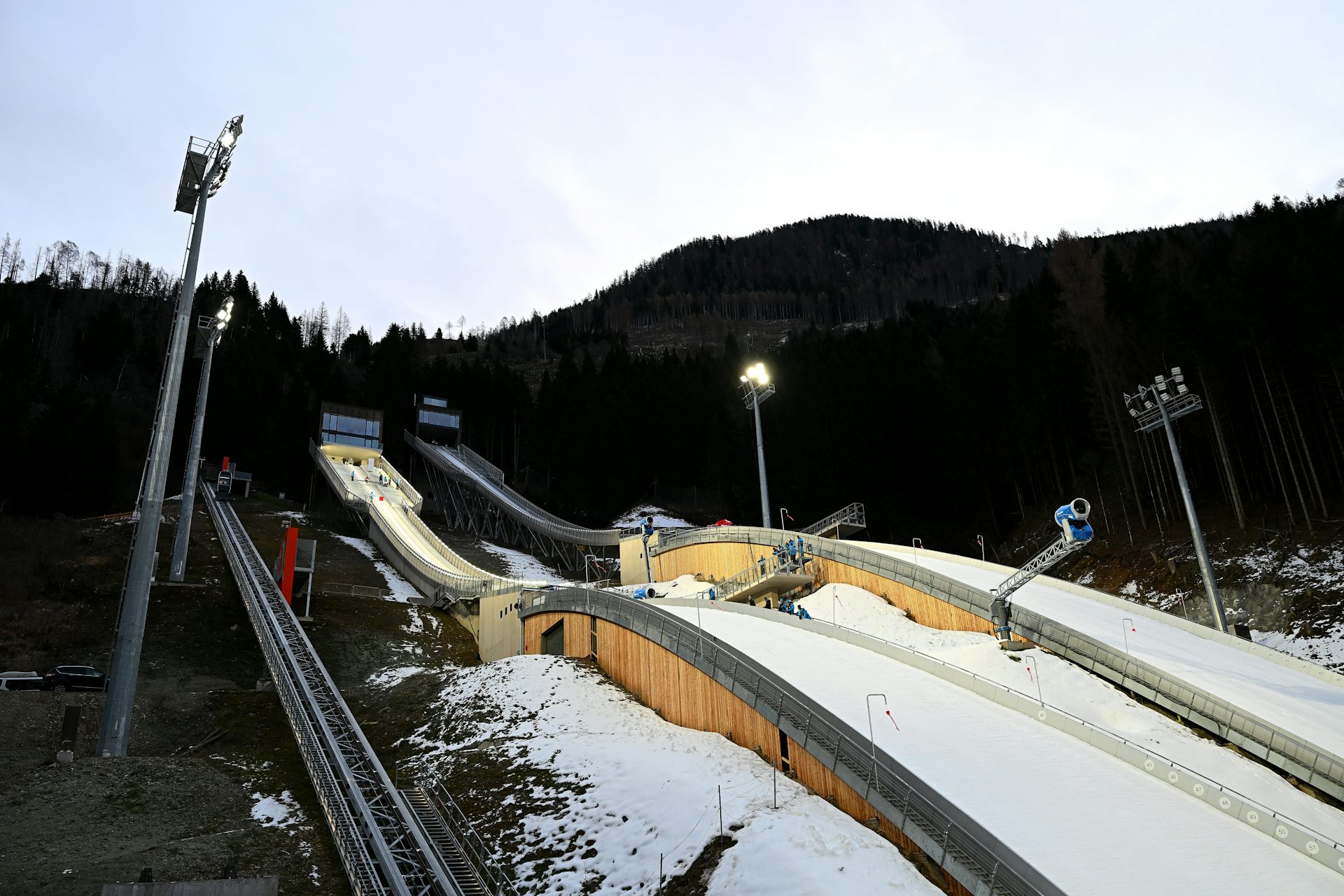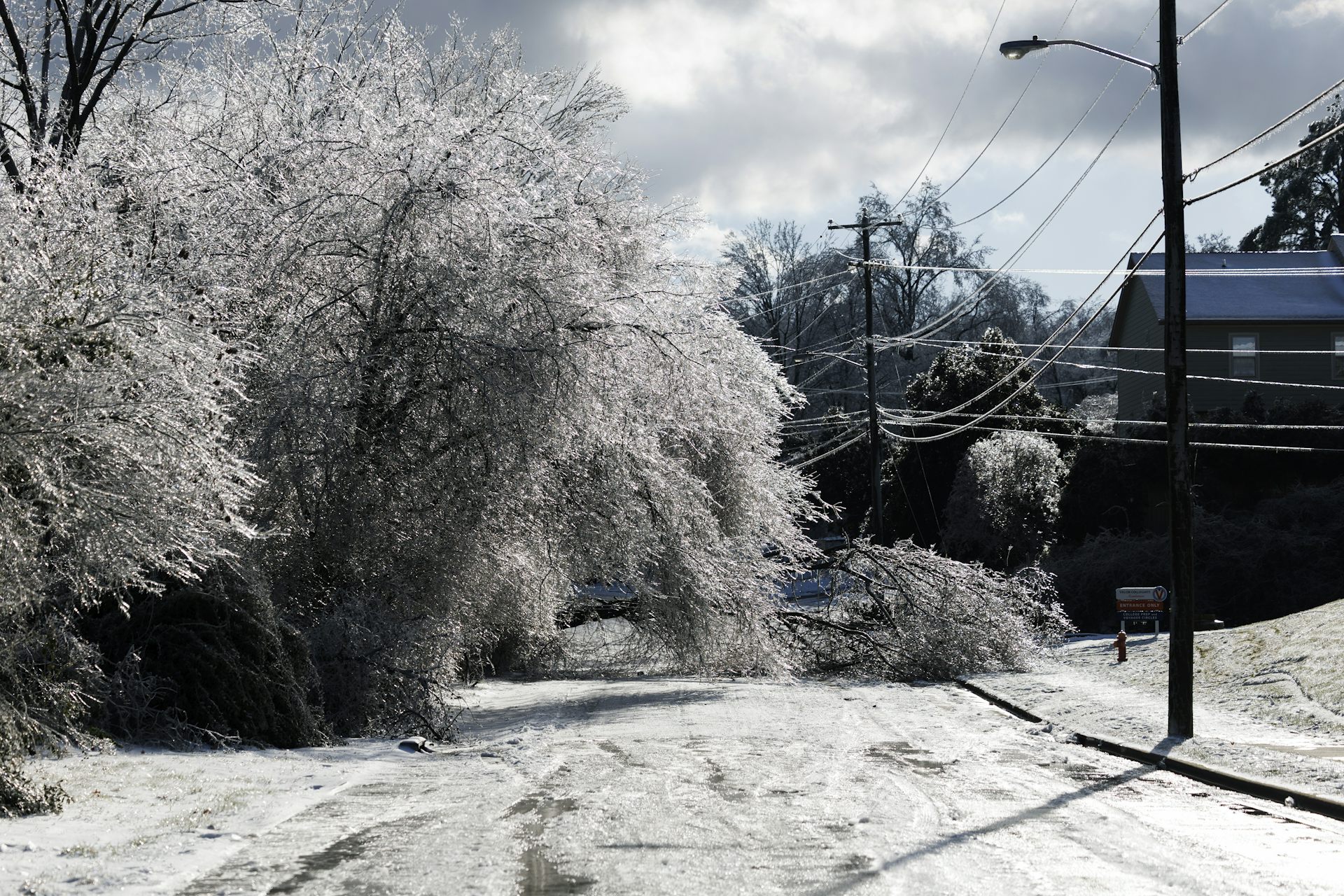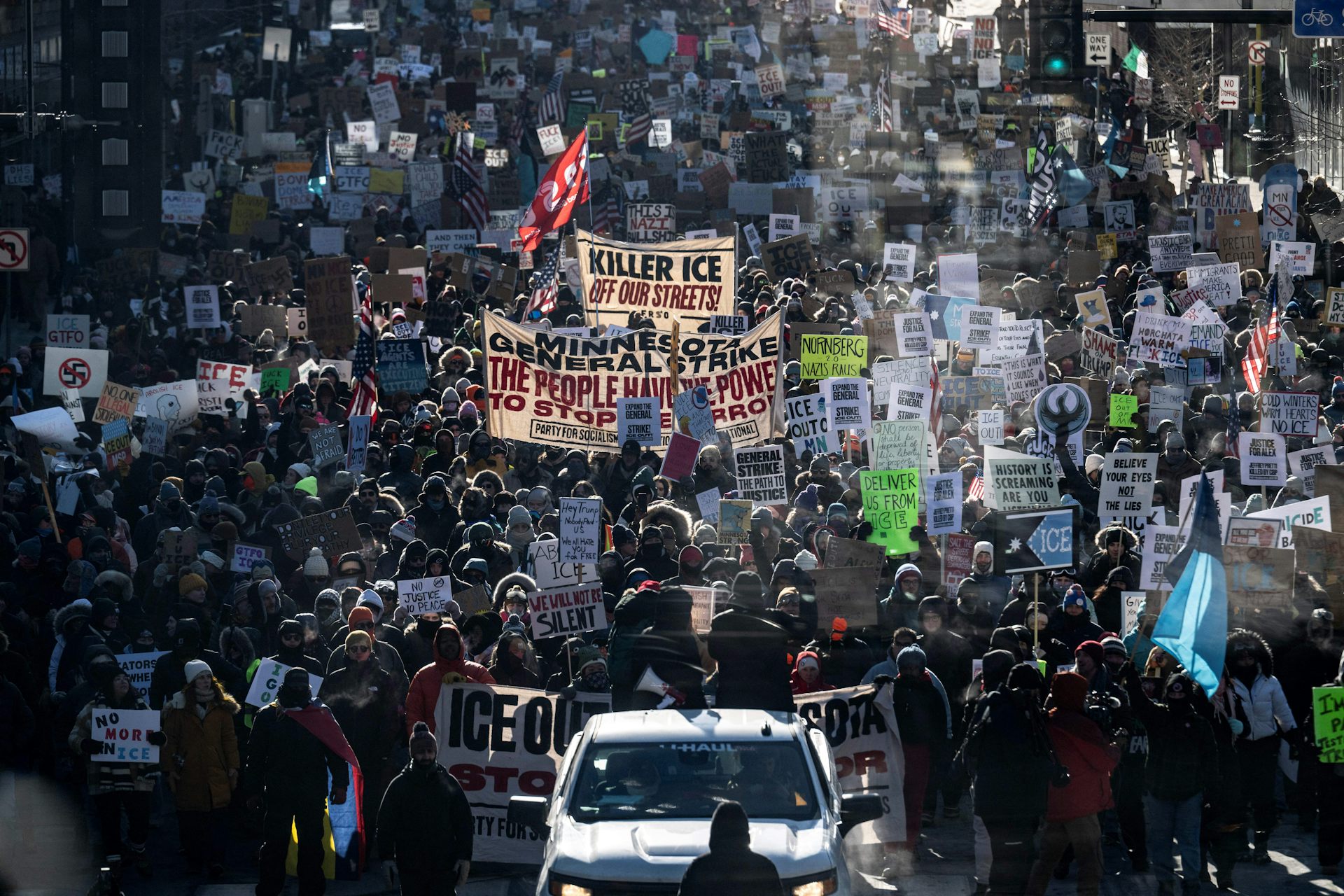When parents turn children into weapons, everybody loses
Some parents engage in domestic abuse by influencing their children to fear, dislike or distrust their other parent. What happens next is a cascade of losses.
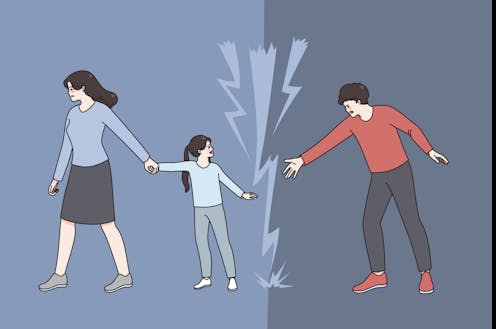
Domestic abuse can involve one parent using a child as a weapon against the other parent, which harms the child in immense ways. My research has identified how these dynamics play out and examines the damage.
There are approximately 5.7 million cases of domestic abuse in the U.S. each year, and in some of those, mothers and fathers use children to manipulate and harm the other parent. This behavior can include directly pressuring the child to spy on the abused parent or threatening the abused parent that they will never see the child again if they leave the relationship.
Another way a parent can use a child as a weapon involves turning the child against the other parent. In this case, the abuser makes the child believe the other parent never loved them, abandoned them or is dangerous and unsafe to be around. In this way, the abuser corrupts the child’s reality, even convincing the child that the abuser is the victim of abuse.
The outcome of this process is what psychologists like me call “parental alienation.” The child feels betrayed, hurt and very angry toward the alienated parent – much like a spurned lover, but worse, because it involves a parent the child had a primary attachment to and who comprises half of their identity. What happens next is a cascade of losses associated with great harm to children.
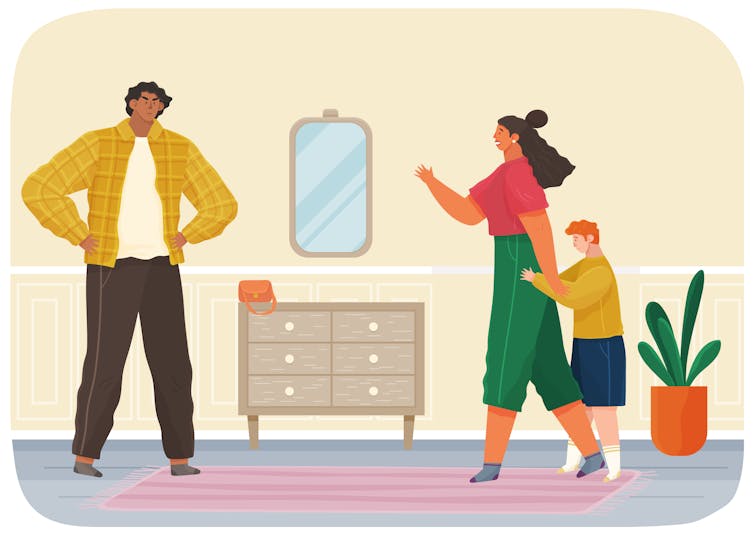
1. Loss of self-confidence
When this happens, researchers in my field call this weaponizing a child. The child often loses trust in their own memories or experience with the abused parent because it’s at odds with what the abuser is leading them to believe. Many adults who were alienated from a parent as a child report feeling helpless and disconnected from their emotions and having problems trusting other people.
2. Loss of innocence
The abusive parent can take away the child’s innocence by exposing them to ideas and behaviors that are not age-appropriate, or are in fact not appropriate at all. The abuser may ask the child to make an adult-level decision, such as choosing whether to have a relationship with the other parent. Abusive parents also can often neglect the developmental needs of the child, such as encouraging independence, and sometimes make the child care for the needs of the parent.
3. Loss of parental connection
When a child becomes alienated from a parent, they begin to reject half their identity because they are hurt and angry, and it is too painful to acknowledge that connection. The child also rejects the important parental bond the abused parent had provided. This loss of connection and sense of shared identity has substantial short- and long-term negative effects, such as unresolved grief and low self-esteem.
4. Loss of wider family links
As the child becomes more distant from the abused parent, the child also can lose relationships with extended family and social networks. The child is deprived of the types of experiences and opportunities that these related individuals can provide, such as social support or professional opportunities possible through their social networks.
5. Loss of social connection
Some abusers socially isolate their children – home-schooling them, limiting their friendships or even relocating or abducting them to another state or country. When that happens, the child can lose all their former social, educational, recreational and cultural connections. Unable to grieve the loss of the alienated parent openly because of the abusive alliance they have formed with the abusive parent, the children often suffer alone.
What’s to be done?
To friends and relatives, a situation in which children are weaponized can be confusing or even appear as the reverse of what is actually happening. Outsiders might not recognize the role of the abuser and think that the abused parent is in fact rejecting the child or is somehow otherwise at fault.
But those closely connected outsiders are the people best positioned to help the family break its cycle of violence and find ways to protect the child. When they blame the wrong parent for abuse, the child continues to suffer. Even mental health professionals don’t always evaluate the situation correctly and focus treatment on the child’s relationship with the abused parent – while ignoring the continued influence of the abuser.
The most recent national statistics available indicate that there are not significant differences in numbers of men and women who are victims of domestic violence each year, and I do not find in my research that there are gender differences in the proportion of parents who have their children weaponized against them by another parent.
Unless children are protected from being weaponized against a parent, there will continue to be many family relationships that remain broken.
[Interested in science headlines but not politics? Or just politics or religion? The Conversation has newsletters to suit your interests.]
Jennifer Harman does not work for, consult, own shares in or receive funding from any company or organization that would benefit from this article, and has disclosed no relevant affiliations beyond their academic appointment.
Read These Next
Confused by the new dietary guidelines? Focus on these simple, evidence-based shifts to lower your c
Red meat and dairy may be grabbing the headlines, but processed foods and sugary drinks remain the real…
Climate change threatens the Winter Olympics’ future – and even snowmaking has limits for saving the
Innovations have made recent Winter Games possible, but the future climate will have a big impact on…
Data centers told to pitch in as storms and cold weather boost power demand
The government directed data centers to turn on backup generation in parts of the US. Expanding distributed…



